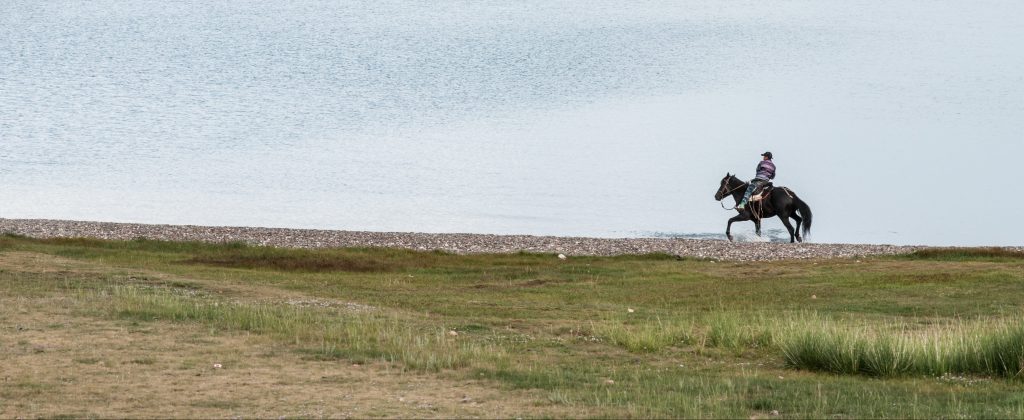One of the principles of natural horsemanship is to work your horse in short bursts outside of his comfort zone. The idea is that the familiar no longer stimulates his learning, so moving from familiar to unfamiliar and right back to familiar sandwiches new learning between something he is comfortable with. Slowly his training zone encompasses what used to be scary, so that new experience becomes familiar.
Think about this principle in your life. Remember when that new job, new sport or new experience gave you an anxious or excited feeling and now it has become routine.
When was the last time you pushed yourself a little bit to venture into uncharted territory. We are not talking about something that will blow your mind, just something that when you imagine it is slightly uncomfortable.
Imagine that experience, something you really want to do. Now imagine deciding it is too….something, too risky, too scary, too new. Close your eyes and scan your body after deciding not to do it. Do you feel relieved or disappointed? If you feel disappointed this is something you are ready to lean into.
How do you begin?
- Make a concrete decision to engage in the experience, even if it feels scary.
- Create a simple plan to prepare for the experience. What are the skills necessary to complete the experience?
- Break those skills down into small manageable steps.
- Create a realistic timeline by enlisting the help of someone with experience in this area. For example if you have always wanted to go ballroom dancing, ask an instructor to outline the process and time involved for learning one or two dances. Does it involve weekly lessons? How many hours of practice generally to prepare?
- Set a timeline based on your simple steps for your first experience. Ask someone who has already lived the experience to give you an idea of a realistic timeline.
- Start small and work your way up. By beginning with smaller experiences you build up your skills and confidence to handle the bigger experiences.
Live your life! It feels invigorating to push a little outside your comfort zone.
